Self-Care Coping Strategies To Manage ADHD (With Free Printables)
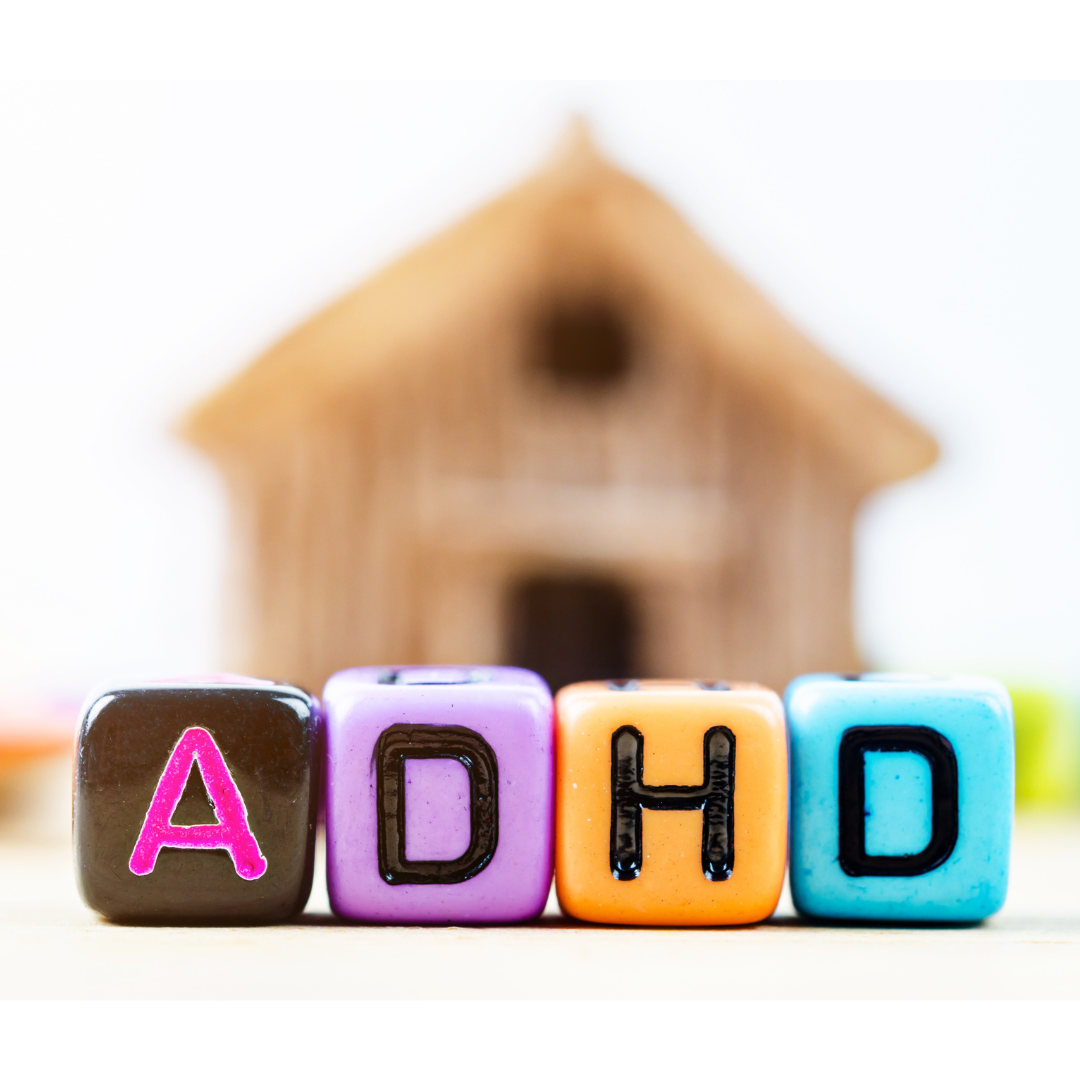
Self-Care Coping Strategies To Manage ADHD
With more and more people in the United States being diagnosed with ADHD each year, the need for self-care practices has become ever more important.
ADHD can inhibit individuals from taking care of themselves by creating obstacles in various aspects of self-care. Challenges in executive functioning make it hard to plan and initiate routines, while difficulties in prioritization and time management lead to neglecting crucial tasks.
Sensory sensitivities might result in discomfort during grooming activities, and emotional regulation issues can dampen the motivation to engage in self-care. The interplay of distractibility and hyperfocus can cause forgetfulness or absorption in tasks, both hindering adherence to self-care routines.
Working memory deficits contribute to difficulties in following multi-step activities, while the lack of immediate reward in self-care activities clashes with ADHD’s preference for instant gratification.
These factors collectively alter the maintenance of effective self-care practices for individuals with ADHD, which this blog post will help uncover.
Read until the end of this blog post to grab your free printables of a Daily Planner, Weekly Planner, and To-Do List.
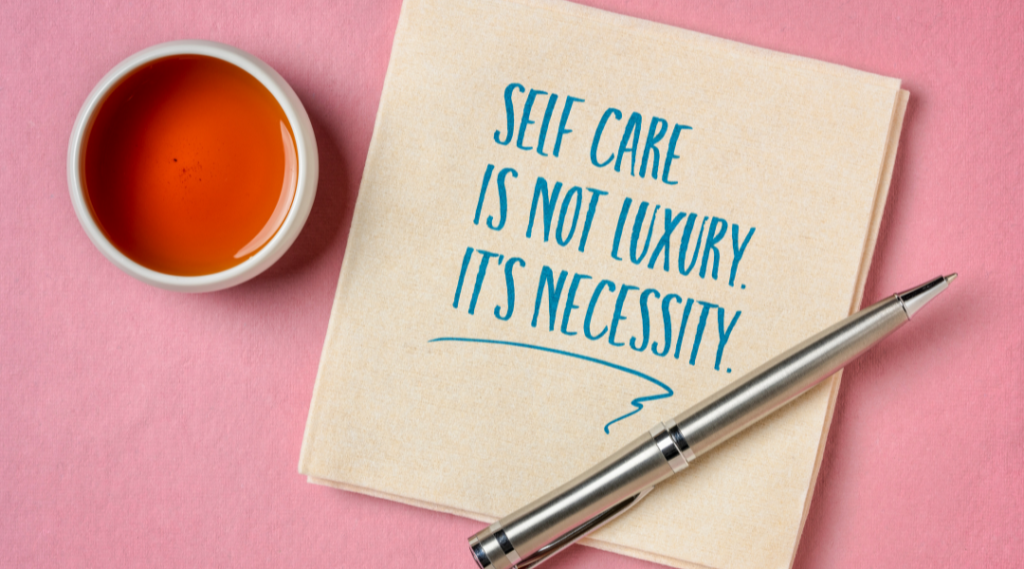
By the end of this blog post, you will know:
- What ADHD is
- Symptoms of ADHD
- Why people with ADHD often struggle with self-care
- Why ADHD should be treated
- 20 self-care coping strategies to manage ADHD
What is ADHD?
ADHD (Attention Deficit Hyperactivity Disorder) is a neurodevelopmental disorder that affects both children and adults. ADHD is characterized by a persistent pattern of inattention, hyperactivity, and impulsivity that can interfere with daily functioning, academic or work performance, and social interactions.
Managing ADHD involves a holistic approach that combines strategies to address both the cognitive and emotional aspects of the condition.
Common Symptoms of ADHD
Though a diagnosis of ADHD should be made by a medical professional, common symptoms of ADHD include:
Inattention:
- Difficulty sustaining attention in tasks or activities
- Trouble organizing tasks and activities
- Avoidance of tasks that require sustained mental effort
- Forgetfulness in daily activities
- Difficulty planning large tasks
Hyperactivity:
- Excessive fidgeting or restlessness
- Difficulty remaining seated in situations where it’s expected
- Talking excessively
- Interrupting others or intruding on their conversations
Impulsivity:
- Acting without thinking about consequences
- Difficulty waiting for one’s turn
- Frequently making careless mistakes
- Difficulty with impulse control
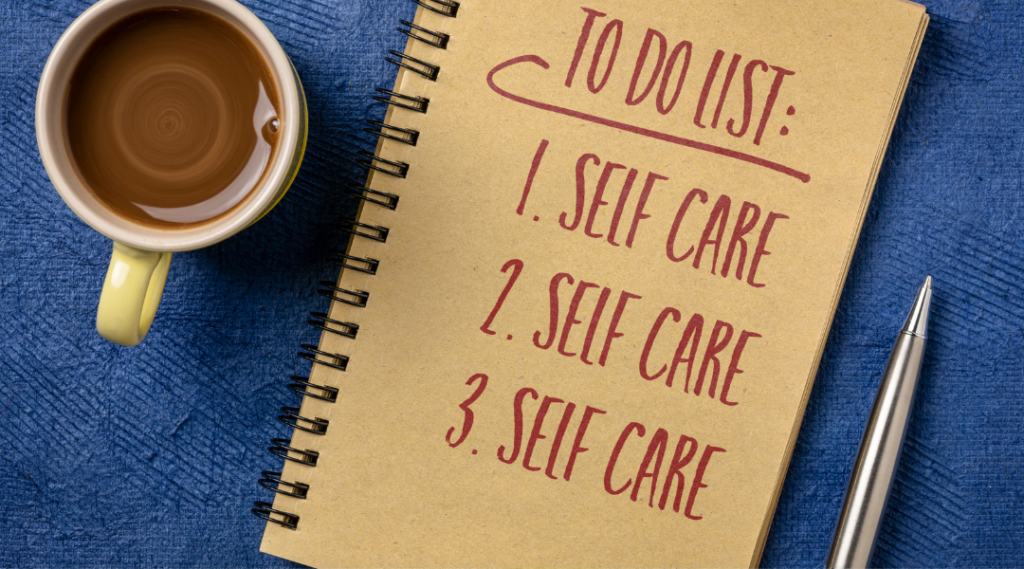
Why Do People With ADHD Struggle With Self-Care?
Though ADHD affects people in different ways, people it’s not uncommon for people with ADHD to struggle with various aspects of self-care.
Deficits in executive functioning are often a symptom of ADHD, which includes skills like planning, organizing, time management, and impulse control. These deficits can make it difficult to initiate and maintain routines for self-care activities.
People with ADHD may have trouble determining which tasks are most important and allocating their limited attention and energy to them. This can lead to neglecting self-care activities in favor of more immediately stimulating or engaging tasks.
Additionally, people with ADHD will also struggle with estimating and managing time. They may have a distorted sense of time, leading to procrastination or difficulty in pacing themselves through self-care activities that require a consistent time commitment.
People with ADHD often struggle with self-worth as well, due to challenges in meeting societal norms and expectations, experiencing ongoing difficulties in tasks that others find easier, facing criticism or rejection, and internalizing negative self-perceptions arising from their unique cognitive and behavioral traits, which can collectively undermine their confidence and self-esteem.
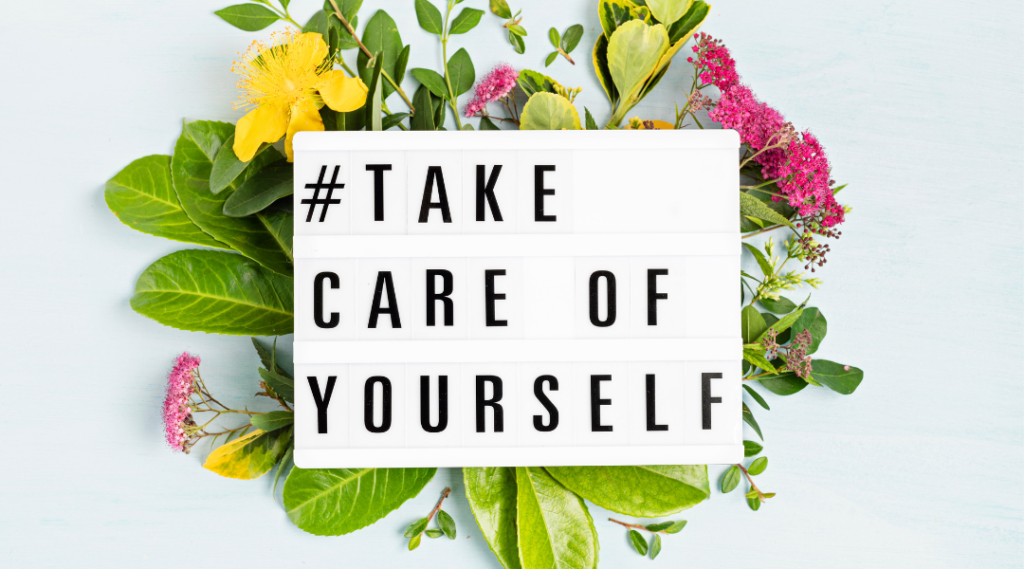
Why Should ADHD Be Treated?
Treating ADHD is essential for self-care as it empowers individuals to effectively manage symptoms like inattention, impulsivity, and hyperactivity, leading to improved focus, organization, emotional well-being, and relationships.
By addressing ADHD, individuals can enhance their productivity, reduce stress, make healthier lifestyle choices, and nurture a positive self-image, ultimately fostering a higher quality of life and a stronger foundation for holistic self-care practices.
Below are 12 self-care coping strategies that can help individuals with ADHD better manage their symptoms and improve their overall well-being.

Self-Care Coping Strategies To Manage ADHD
This blog post contains affiliate links. Clicking or purchasing through my links comes at no extra cost to you. Check out my full disclosure policy here.
- Establish Consistent Routines:
- Create daily schedules and routines to provide structure and predictability.
- Set specific times for tasks such as meals, work/study, exercise, and relaxation.
- Routines to try out:
- Break Tasks into Smaller Steps:
- Divide larger tasks into smaller, manageable steps to avoid feeling overwhelmed.
- Use tools like to-do lists or task management apps to keep track of tasks and accomplishments.
- Use the free daily and weekly planners that are included in this blog post to help track your objectives for the week.
- Prioritize and Set Goals:
- Prioritize tasks based on importance and deadlines.
- Set achievable goals and celebrate your successes, even for small accomplishments.
- Activities to try out:
- Use Visual and Auditory Cues:
- Employ visual aids such as color-coded calendars, reminders, and sticky notes to enhance organization and memory.
- Set auditory reminders on your phone or other devices to prompt you for tasks or appointments.
- Practice Mindfulness and Meditation:
- Engage in mindfulness exercises and meditation to improve focus and manage impulsivity.
- Test out different self-care and relaxation techniques to help reduce stress
- Practice mindfulness techniques on a daily basis
- Mindfulness activity to try: Adult Coloring. Adult Coloring can be used as a form of therapeutic practice to promote relaxation, reduce stress, and enhance overall well-being. These therapeutic benefits have a direct correlation to our mental and emotional self-care, as it allows us to engage in a focused, meditative state. Be sure to download the free coloring printables too!
- Regular Exercise:
- Engage in regular physical activity to boost dopamine and norepinephrine levels, which can positively impact focus and mood.
- Choose activities you enjoy, such as walking, yoga, swimming, or dancing.
- Healthy Diet:
- Consume a balanced diet rich in whole foods, lean proteins, healthy fats, and complex carbohydrates.
- Avoid excessive caffeine and sugary foods, as they can exacerbate symptoms.
- Adequate Sleep:
- Prioritize getting enough quality sleep each night to support focus and cognitive function.
- Create a calming bedtime routine and ensure a comfortable sleep environment.
- Learn how to get better sleep with The Ultimate Self-Care Guide For Better Sleep.
- Limit Distractions:
- Minimize distractions by creating a clutter-free workspace and using noise-canceling headphones if needed.
- Turn off notifications on your devices when working or studying.
- Breaks and Rewards:
- Take short breaks during tasks to prevent mental fatigue. Use timers or apps to remind you to take breaks.
- Reward yourself with short breaks, enjoyable activities, or treats after completing tasks.
- Consider taking regular mental health breaks or days. Learn why mental health days are important for self-care and leveling up your life.
- Seek Support:
- Join support groups or online communities for individuals with ADHD to share experiences and strategies.
- Consider working with a therapist, coach, or counselor who specializes in ADHD management.
- Practice Self-Compassion:
- Be patient with yourself and recognize that managing ADHD can be challenging.
- Celebrate your efforts and progress, and don’t be too hard on yourself for setbacks.
- Practice ways to bring your self-esteem to a higher level
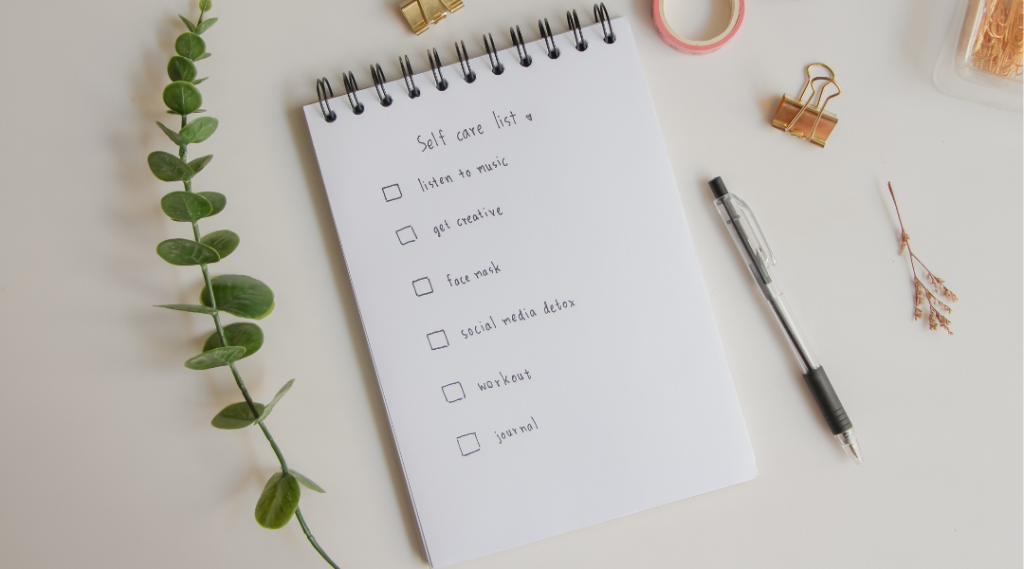
Conclusion
People with ADHD face a multitude of challenges when it comes to practicing self-care. Recognizing these challenges and implementing strategies that address these specific needs can significantly support individuals with ADHD in their efforts to improve self-care practices and overall well-being.
Remember that each person with ADHD is unique, so it’s important to find the strategies that work best for you. Consulting with a medical professional or mental health expert can provide personalized guidance and recommendations tailored to meet your specific needs.
Like this blog post? Be sure to continue your self-care journey with these 100 Ways To Improve Your Self-Care Habits.
Daily and Weekly Planner Download
Send download link to:

About The Author
With a personal passion for self-care and beauty, Camila started thepocketdiary.com to write with all women in mind to share the best tips, tricks and knowledge in the industry of self-care and beauty. Get in touch with Camila here.